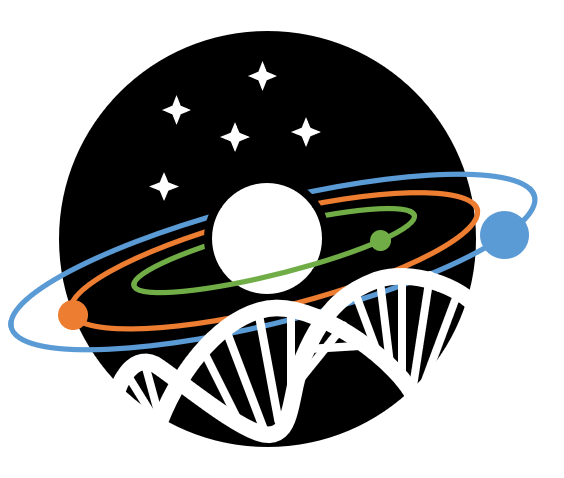
The Team
Dr. Andreas Elsaesser
Andreas Elsaesser leads the ‘Experimental Biophysics and Space Sciences’ group at Freie Universität Berlin, which combines interdisciplinary research ranging from astrophysics to astrochemistry and exobiology. He is PI/Co-I of several projects on the International Space Station collaborates with international partners on a wide range of projects investigating the effects of solar and cosmic radiation on biomolecules and living organisms. A main focus of his work is how to detect life on other planets in our solar system and beyond.
Dr. Paul Mabey
Paul Mabey is a post-doctoral researcher at Freie Universität Berlin, where he works on recreating exotic planetary and atmospheric conditions in the laboratory. Prior to this, he was a researcher in plasma physics at LULI, Ecole Polytechnique, France, having completed his DPhil in Atomic and Laser Physics at the University of Oxford in 2017. He has been PI of several astrophysics experiments at large-scale laser facilities worldwide
Dr. Riccardo G. Urso
Riccardo G. Urso is an Einstein Postdoctoral Fellow working on the stability of organic compounds and biomarkers on planetary surfaces by performing dedicated laboratory experiments. His research activity also covers Astrochemistry and Exobiology. He obtained a PhD in Material Science and Nanotechnologies at the INAF-Osservatorio Astrofisico di Catania, University of Catania, Italy, and he worked as post-doc for the Centre National d'études Spatiales (CNES) at the Institut d'Astrophysique spatiale, Université Paris-Saclay, France.
David Burr
David is a PhD student and part of the Exocube project. He is investigating the biomolecular mechanisms of live microorganisms, when exposed to conditions in low Earth orbit. Of particular interest are the tolerances and responses of microbes to the broader radiation levels beyond Earth’s atmosphere.
He obtained his MSc from Victoria University of Wellington, New Zealand, where he examined the use of proteorhodopsin in enhancing the survival of Antarctic sea-ice bacteria.
Janina Drauschke
Janina is a PhD student and part of the OREOcube project. Her main interest is the photostability of solid supported lipid bilayers under UV radiation and the incorporation of diverse molecules into the artificially created membranes.
She received her master's degree in physics at the Freie Universität Berlin, where she performed infrared spectroscopy on self inserting membrane peptides.
Florence Hofmann
Florence is a PhD student and part of the “Finding Life” project. She is mainly interested in the detectability of biomarkers in planetary atmospheres, photochemical evolution of organics and volatiles, and experimental simulation of planetary conditions.
She received her Master‘s degree in the Institut of applied physics at the University of Bern, Switzerland, where she determined the use of laser speckle analysis to investigate metallic surfaces.
Severin Wipf
Severin is a PhD student in the OREOcube project. Particularly, he is in charge for simulations of basic organic building blocks under space conditions (Temperature, electromagnetic radiation, specific atmospheres) as found on mars e.g.
He received his Master’s Degree in Physics in the working group atomic physics of highly charged ions at the Helmholtz-Institute of the Friedrich-Schiller-University Jena and the Gesellschaft für Schwerionenforschung (GSI) in Darmstadt, Germany in 2018
Ruben Nitsche
Ruben is a PhD student in the Exocube Halo project. He focuses on the response of halophilic organisms when exposed to a variety of space environments. Particularly he works with laboratory based simulations of those environments with an emphasis on the impact of radiation. He is also preparing future exposure experiments in low Earth Orbit.
He received his Master's degree from Humboldt Universität zu Berlin. For his final thesis he implemented a laboratory based simulation of the environmental conditions found on mars including temperature, radiation, atmosphere and substrates.








